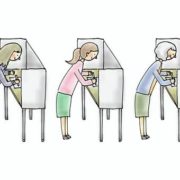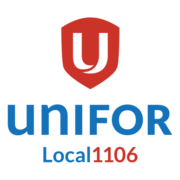About
About Us
Unifor Local 1106 represents over 4500 members who work in the healthcare, manufacturing and service sectors. We have 35 units that are located in the Kitchener- Waterloo, Cambridge, Mount Forest , Hanover, Harristion and Haldimand Norfolk areas.
What sets Unifor apart from other unions in Canada?
Unifor is Canada’s largest private sector union, with over 300,000 members in a diverse range of sectors, across the country. Unifor is the certified collective bargaining agent for workers in thousands of workplaces, but also provides an opportunity for all workers – even those without collective bargaining rights – to hold union membership, through its innovative community chapters program.
Unifor is staffed with leading experts in the field of labour relations, economics, communications, research, pensions and benefits, labour law and adult education along with a team of strategic contract negotiators that are the best in the world.
Unifor also boasts the only union owned and operated Family Education Centre, located in beautiful Port Elgin, Ontario. The FEC houses national and international conferences, education seminars and other union-sponsored events, including Unifor’s trademark Paid Education Leave program.
What does the name “Unifor” mean?
The name “Unifor” is intentionally ambiguous. It means different and personal things to a union membership that is increasingly diverse. The name doesn’t peg us to any one sector of the economy, or a particular workplace. Unifor is a union built for workers. But it’s also a union that reaches out to the unemployed and self-employed; to marginalized and racialized groups union; to women and young workers. Simply put Unifor is a union for everyone.
As a national Canadian union it was essential that our name be bilingual. In French, the name “Unifor” combines the words ‘unis’ (united) and ‘fort’ (strong). Unifor reflects, in both languages, the core values that our new union stands for: unity and solidarity, strength and determination, and a modern, forward-looking perspective.
How many members does Unifor represent?
Unifor represents more than 300,000 members that work in nearly every industry in the private and public sector, and maintains close connections with members who have retired. No union offers such a diverse range of perspectives and experiences across our national industries and across local communities. Our total membership reflects one the most representative samples of the Canadian economy.
There are 750 local unions operating under the Unifor banner, of all different shapes and sizes. Some Unifor local unions have membership that span the country, from coast to coast to coast. Others are firmly rooted in the fabric of single-industry communities.
How can Unifor help me?
Unifor starts from the premise that working people can accomplish greater things through collective action. That means working together, for the greater good – in our workplaces and in society. By organizing your workplace through Unifor, we’ll ensure you’re equipped to negotiate a strong, legally-binding collective agreement with your employer. You and your co-workers will have an equal say in your working conditions and standard of living.
As a Unifor member, you’re entitled to participate in our union’s democratic structures. Every member has an equal vote at membership meetings and in local union elections. And every member has the right to run for election as a workplace union representative.
Unifor members have access to expert staff in a variety of fields. Members can also apply to participate in valuable education and training workshops, to gain practical leadership, campaigning, community-building and workplace representation skills that can be put to good use in your workplace and community.



